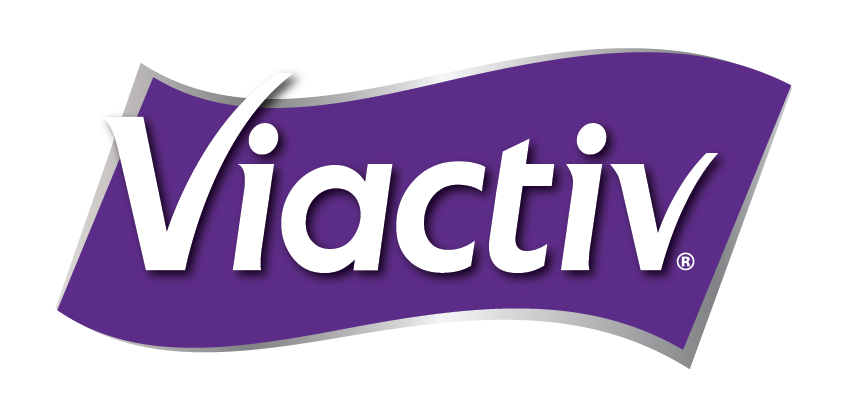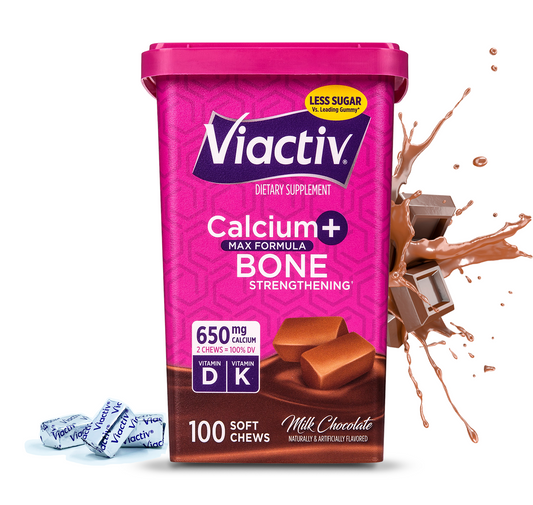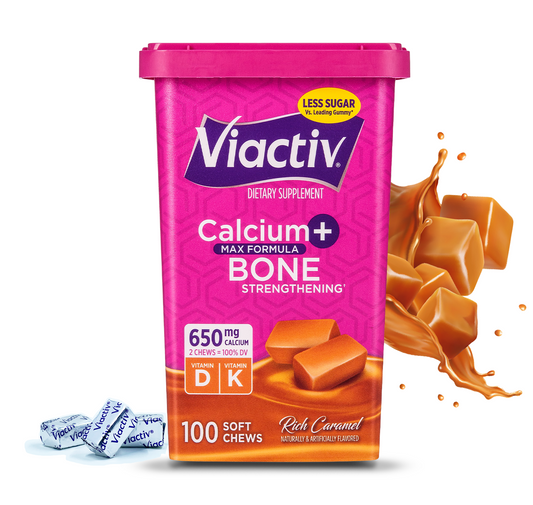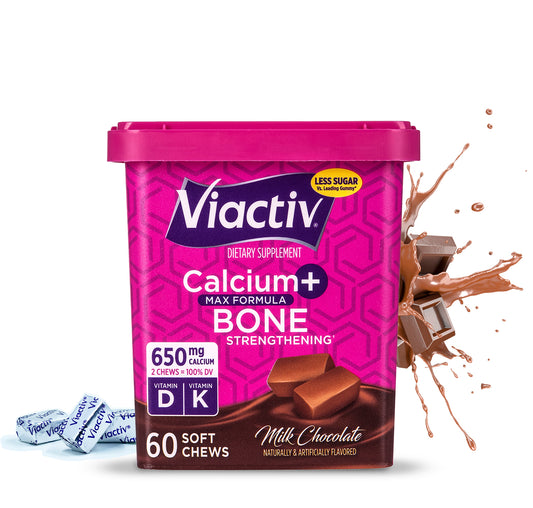Key Takeaways:
- Calcium plays a vital role in our bodies as the regulator of muscle contractions
- Calcium runs all the muscle contractions of your body – including your heart
- Without calcium, our hearts wouldn’t be able to maintain a healthy heartbeat
- How much calcium your body needs per day depends on your age
- Including a calcium supplement into your diet is a great way to ensure your body receives the support it needs to function at its best
There are three types of muscle in the body: skeletal muscle, smooth muscle, and cardiac muscle. Skeletal muscles are attached to bones and allows movement, smooth muscles are part of internal structures including the uterus, blood vessels, arteries, and the digestive tract, and cardiac muscle are muscles specific to heart functions. Why are calcium ions necessary for skeletal muscle contraction, smooth muscle contraction and cardiac muscle contraction? Well, muscle contraction is regulated by calcium. When your muscles move, a motor neuron is queued on the muscle cell surface, activating calcium channels, and allowing calcium to flow into the cells of the muscular system. The calcium helps muscles maintain a healthy tone.
Why is Calcium Important for Muscle Contraction?
The heart is the most important muscle in the body, and since your body needs calcium to move muscles, calcium is crucial for heart health. The heart, among many other things, consists of 3 billion muscle cells that squeeze together during each heartbeat and are responsible for the pumping function of the heart. Did you know that the heart beats more than 2 billion times during the average lifetime? The heart beats to circulate blood, providing oxygen and nutrients to every part of the body.
What is the Role of Calcium in Muscle Contraction?

How to Choose the Best Calcium Supplement
The National Institute of Health (NIH) recommends 1300 mg of calcium daily for ages 9-18, 1000 mg for ages 19-50, 1000 mg for men and 1200 mg for women ages 51 – 70, and 1200 mg for seniors above 70. Research shows that taking greater than 1000 mg daily is a safe option to maintain healthy blood pressure during pregnancy. Getting this amount of calcium consistently can be challenging. In addition to incorporating calcium rich foods in like yogurt, milk, fortified orange juice, spinach, broccoli, tofu, and soybeans in your diet, taking a calcium supplement daily can fill a potential nutritional gap. When choosing a supplement, it’s important to know which form of calcium is in the formulation. Supplemental calcium usually comes in two forms: Calcium Citrate and Calcium Carbonate. These forms contain varying amounts of elemental calcium. Elemental calcium is the amount of calcium that is actually used by the body. Calcium carbonate is 40% elemental calcium by weight, whereas calcium citrate is 21% elemental calcium. This information can be found on the supplement facts panel, typically on the back or side packaging of a calcium supplement.
Calcium is one of the hardest nutrients for the body to absorb. For maximum absorption, calcium supplements should be divided into several servings depending on your dietary requirements. For example, if you are taking more than 650 mg of calcium daily, it is recommended that you take (1) 650 mg serving of calcium in the morning and (1) 650 mg serving of calcium in the afternoon or at a minimum of 4 hours later as that’s the minimum time for your stomach to complete digestion.
Taking care of the most precious muscle in your body – your heart – with a combination of a healthy diet, with ample amounts of calcium, and daily exercise is important for overall health. If you’re not getting enough calcium from your diet and need to supplement, as most of us do, choose a supplement with a higher amount of elemental calcium. Viactiv calcium chews are made with calcium carbonate, the form with more elemental calcium immediately useable by the body, providing the amount of calcium in two glasses of milk in just one delicious milk chocolate or caramel soft chew.
Sources
Muscle Cells Need Calcium Ions | Max Planck Society
The Role of Calcium in the Human Heart: With Great Power Comes Great Responsibility | Frontiers for Young Minds
Dietary Reference Intakes for Calcium and Vitamin D | National Institutes of Health (NIH)
Calcium: Fact Sheet for Health Professionals | National Institutes of Health (NIH)
Calcium Supplementation During Pregnancy May Reduce Preterm Delivery in High-Risk Populations | National Institutes of Health (NIH)
Dietary Reference Intakes for Calcium and Vitamin D | PubMed.gov
Factors Affecting Calcium Absorption in the Body | Lybrate
Calcium Supplements & Absorption | Medical University of South Carolina (MUSC Health)
Last Updated On: March 7, 2023
First Published On: November 18, 2022







